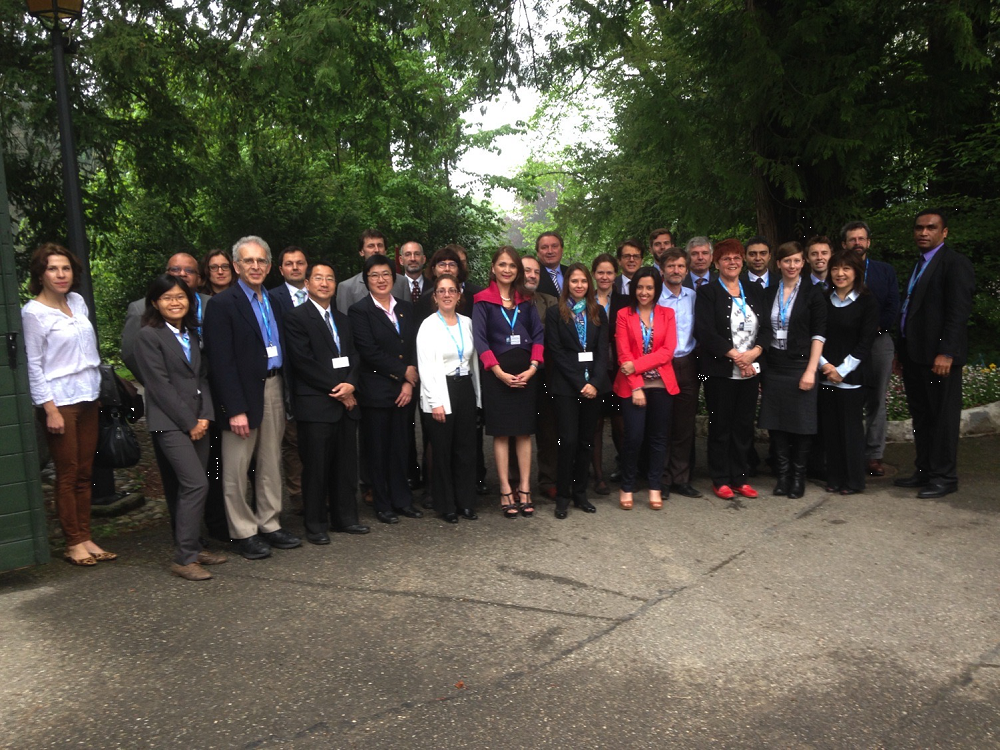
The 21st century has witnessed a paradigm shift in the way we view and address public health challenges, particularly those associated with nutrition and lifestyle choices. Among these challenges, the consumption of sugary beverages has emerged as a prominent concern, closely linked to the escalating rates of obesity, diabetes, and non-communicable diseases (NCDs) worldwide. This case study delves into the strategic and leadership role championed by Dr Temo Waqanivalu on the evolution of the taxation of sugary beverages as a potent public health strategy, drawing upon the gathering of scientific evidence, international consensus-building efforts, and the subsequent adoption of taxation policies by numerous countries.
I. The Growing Scientific Evidence In the early 2000s, scientific research began to shine a light on the detrimental effects of excessive sugar consumption on human health. The burgeoning body of evidence demonstrated a clear link between high sugar intake and the alarming rise in obesity rates, particularly among children and adolescents. Moreover, researchers uncovered the intricate connection between sugar consumption and the development of type 2 diabetes, a debilitating and costly chronic disease that affects millions worldwide. The scientific consensus was that overconsumption of sugary beverages, such as soda, energy drinks, and fruit juices with added sugars, played a pivotal role in this global health crisis. As the evidence mounted, health experts, researchers, and policymakers recognized the urgent need to address this issue proactively.
II. The Convening of Global Experts
With the growing body of scientific evidence as a catalyst, a pivotal moment in the fight against excessive sugar consumption came when Dr. Temo and his team at WHO had experts from around the world gathered to deliberate on the best course of action. These experts, representing diverse fields including public health, nutrition, economics, and epidemiology, converged in a series of international meetings and conferences to assess the implications of sugar consumption on public health. Through rigorous data analysis, expert testimonies, and in-depth discussions, these gatherings sought to unravel the complex web of factors contributing to the obesity and diabetes epidemics and draw consensus on taxation as a cost-effective means to help curb the epidemic.
III. The Consensus on Taxation
As the evidence continued to mount, a consensus emerged among these global experts – taxation of sugary beverages was a pragmatic and effective measure to curb sugar consumption and address the associated health crises. This consensus was not just limited to health professionals but also garnered support from economists, who recognized the potential of taxation to generate revenue while promoting healthier choices.
The core argument in favor of taxation was based on two primary factors: price elasticity and behavioral change. Studies consistently showed that consumers were sensitive to price changes, and even modest increases in the cost of sugary beverages could lead to decreased consumption. The economic principle of price elasticity indicated that higher prices would deter consumers, particularly those in lower-income brackets, from purchasing sugary drinks. Additionally, taxation was seen as an indirect method of encouraging healthier beverage choices, thereby reducing the overall consumption of sugar.
IV. Global Guidance
In 2016, building upon the evidence and consensus of global experts, Dr. Temo and the team produced and released a comprehensive report titled "Fiscal Policies for Diet and Prevention of Noncommunicable Diseases," which provided comprehensive guidance on the design and implementation of taxation policies. In so doing the World Health Organization took a bold step in endorsing the taxation of sugary beverages as a public health imperative.
The WHO guidance included:
v. Global Adoption of Sugary Beverage Taxes Armed with the recommendations and inspired by the success stories of early adopters, countries around the world began to take bold steps in designing and implementing taxation policies on sugary beverages. The experiences of these countries offer valuable insights into the feasibility and effectiveness of such policies.
The journey from the growing scientific evidence on the adverse health effects of sugar consumption to the global consensus and subsequent adoption of taxation policies on sugary beverages reflects a remarkable convergence of public health advocacy, scientific inquiry, and international cooperation. The taxation of sugary beverages has proven to be a powerful tool in combating the intertwined epidemics of obesity, diabetes, and NCDs. This case study underscores the importance of evidence-based policymaking and international collaboration in addressing complex public health challenges. It also highlights the role of taxation not just as a revenue generator but as a means to incentivize healthier choices and reduce the burden of preventable diseases. As more countries continue to embrace sugary beverage taxes, the global community moves one step closer to creating a healthier and more sustainable future for all.
